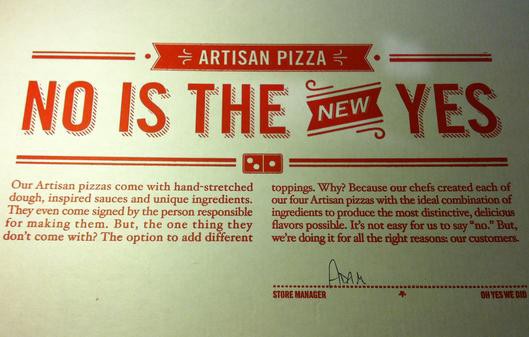Auto-Antonyms, “Awesome” and Other Unusable Words


At the New Yorker, a piece by Brad Leithauser on “unusable” words:
I don’t know how many auto-antonyms English offers, but the list includes “cleave” (unify or sever — the butcher’s wife cleaves to the butcher, who cleaves the cow’s carcass), “overlook” (oversee or fail to notice), “let” (allow or, as in the legal phrase “let or hindrance,” obstruct), “enjoin” (encourage or prohibit), and “sanction,” as in any sanctioned imports are either approved goods or contraband. A lengthy, but not exhaustive, list of auto-antonyms can be found on Wikipedia. (There’s a special appealing subclass of auto-antonyms that exists only when spoken, as in raze/raise a building or — if muddily enunciated — prescribed/proscribed drugs. Something similar arises in Elizabeth Bishop’s poem “Crusoe in England,” with its pun on Mount Despair/Mont d’espoir.)
He goes on about words that are problematic* for different reasons, like “awesome” and “totally,” “artisanal” and “niggardly,” and my favorite, the “Hit It First” category:
Occasionally, a word becomes unusable because some writer wholly appropriates it, embedding it into a jeweler’s setting of such brilliance that any subsequent use seems both allusion and dilution. It’s hard to imagine any writer effectively taking up the verb “incarnadine” after Macbeth’s “The multitudinous seas incarnadine.” Shakespeare owns the word. Robert Frost felt much the same way about Keats and “alien.” The depiction of Ruth in “Ode to a Nightingale” (“She stood in tears amid the alien corn”) put such a memorable, unexpected — indeed, alien — spin upon “alien” that succeeding poets risk sounding plagiaristic when employing it.
What other words do you find unusable? I have forbidden myself from using the word “suddenly” when I write fiction; my blacklist in the freshman writing class I’m teaching includes “basically,” “somewhat,” “definitely.”
[TNY]
*Usage of this word as highly problematic as artisanal Domino’s